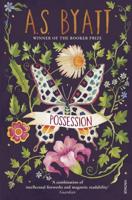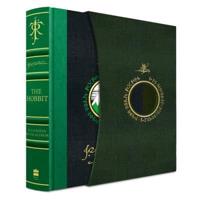Publisher's Synopsis
Excerpt: ...may be torn from me, but I cannot yield it." "I proceed to the third course. Keep the chateau and give up its traditions; remain 'de facto' Marquis of Rochebriant, but accept the new order of things. Make yourself known to the people in power. They will be charmed to welcome you a convert from the old noblesse is a guarantee of stability to the new system. You will be placed in diplomacy; effloresce into an ambassador, a minister, -and ministers nowadays have opportunities to become enormously rich." "That course is not less impossible than the last. Till Henry V. formally resign his right to the throne of Saint Louis, I can be servant to no other man seated on that throne." "Such, too, is my creed," said the Count, "and I cling to it; but my estate is not mortgaged, and I have neither the tastes nor the age for public employments. The last course is perhaps better than the rest; at all events it is the easiest. A wealthy marriage; even if it must be a 'mesalliance.' I think at your age, with your appearance, that your name is worth at least two million francs in the eyes of a rich 'roturier' with an ambitious daughter." "Alas!" said the young man, rising, "I see I shall have to go back to Rochebriant. I cannot sell my castle, I cannot sell my creed, and I cannot sell my name and myself." "The last all of us did in the old 'regime, ' Marquis. Though I still retain the title of Vandemar, my property comes from the Farmer-General's daughter, whom my great-grandfather, happily for us, married in the days of Louis Quinze. Marriages with people of sense and rank have always been 'marriages de convenance' in France. It is only in 'le petit monde' that men having nothing marry girls having nothing, and I don't believe they are a bit the happier for it. On the contrary, the 'quarrels de menage' leading to frightful crimes appear by the 'Gazette des Tribunaux' to be chiefly found among those who do not sell themselves at the altar." The old Count said this...









